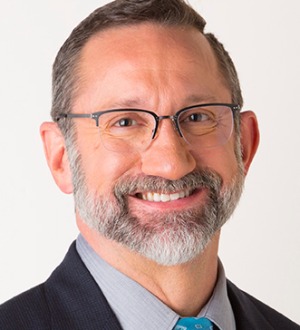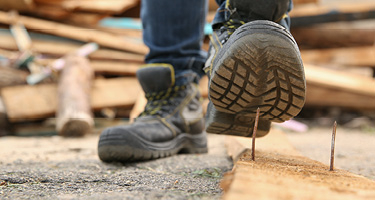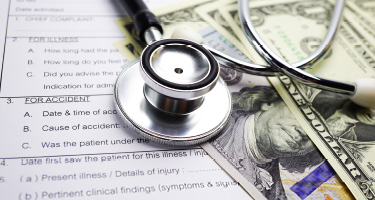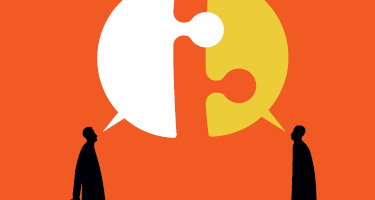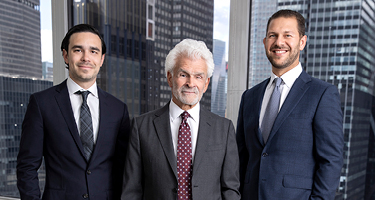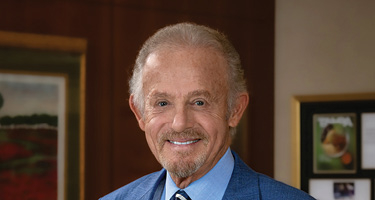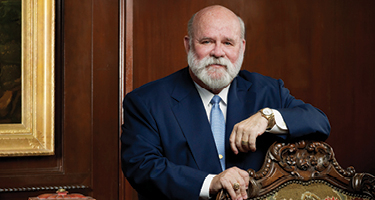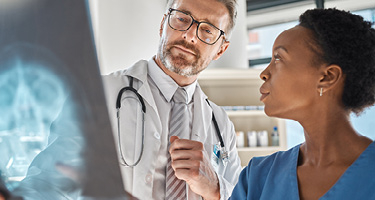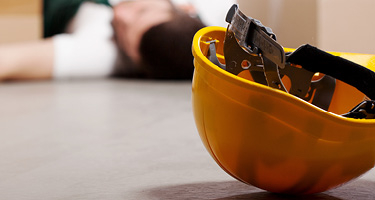Deuterman Law Group’s series of blog articles about alternative therapies for back injuries and pain management has been updated with new information and therapies.
In this article, we’ll explore acupuncture, a centuries-old Chinese medicine technique that has been used to treat pain chronic pain, nausea, migraines and other painful conditions. Future articles in this series on holistic pain management will explore reiki, massage, yoga, Pilates and other alternative treatments and techniques.
This article is presented for informational purposes only. As always, please consult with your physician and other health care providers before undertaking an exercise regimen or alternative treatment.
Does acupuncture help with pain?
The answer to this question will be different for every person, depending on your particular injury or medical condition, as well as the severity of your pain. You and your doctor must decide whether to try acupuncture for pain management in your particular case, but studies suggestion it may be effective.
That is good news for injured people whose pain has not responded to traditional treatments and those looking for pain management without medicine.
According to an article from Harvard, an international team of researchers reviewed the results of 29 acupuncture studies involving 18,000 participants. In the studies, some participants received acupuncture, some had “sham” acupuncture, and some didn’t have any acupuncture. In their review, which was published in the Archives of Internal Medicine, the researchers found that acupuncture relived pain by 50 percent.
Studies have shown that acupuncture is most effective in easing certain types of chronic paint, such as low-back pain, neck pain and osteoarthritis or knee pain, according to National Institute of Health’s National Center for Complementary and Alternative Medicine. It also may be effective in preventing migraine headaches and reducing the frequency of tension headaches.
How Does Acupuncture work for pain management?
Scientists aren’t totally certain about NIH: The effects of acupuncture on the brain and body and how best to measure them are only beginning to be understood. Current evidence suggests that many factors—like expectation and belief—that are unrelated to acupuncture needling may play important roles in the beneficial effects of acupuncture on pain.
The following is excerpted from the National Institute of Health’s National Center for Complementary and Alternative Medicine.
What is Acupuncture?
Acupuncture is among the oldest healing practices in the world; the practice began in China more than 2,500 years ago.
Acupuncture practitioners insert thin, metal needles through the skin to stimulate certain points on the body. In traditional Chinese medicine, there are more than 2,000 such points on the body. These points are connected by pathways, which, according to Web MD, “create a flow of energy called Qi (pronounced ‘chee’).”
Acupuncture is believed to remove blockages in the flow of energy, or qi, reducing pain and restoring health. Source.
Scientific theories suggest acupuncture may work by changing brain chemistry, by affecting neurotransmitters and neurohormones. It may also trigger natural chemicals in the brain that reduce pain and improve sleep.
Acupuncture is widely used in healthcare, practiced by physicians, dentists, acupuncturists and others for pain relief and treatment of various health conditions.
According to the 2007 National Health Interview Survey, which included a comprehensive survey of complementary alternative medicines, an estimated 3.1 million U.S. adults and 150,000 children had used acupuncture in the previous year. Between the 2002 and 2007 NHIS, acupuncture use among adults increased by three-tenths of 1 percent (approximately 1 million people). Source
Finding an Acupuncture Practitioner
If you think acupuncture might help with your pain management, please consult with your doctor or another health care providers before making an appointment. Some doctors offer acupuncture treatments to their patients, or they can refer you to a qualified, licensed practitioner.
The American Academy of Medical Acupuncture has a searchable database of physicians who offer acupuncture services. The National Certification Commission for Acupuncture and Oriental Medicine has listings of nationally certified acupuncture practitioners at its Web site.
Some insurance companies may cover acupuncture treatments, especially if you are receive a doctor’s referral. Be sure to check with your insurer before you start treatment to see if acupuncture is covered for your condition and, if so, to what extent. Some insurers do not acupuncture or other alternative treatments, so you may be responsible for paying out of pocket.
Before making an appointment with an acupuncturist, the NIH recommends that you:
- Check a practitioner’s credentials. Most states require a license to practice acupuncture; however, education and training standards and requirements for obtaining a license to practice vary from state to state. Although a license does not ensure quality of care, it does indicate that the practitioner meets certain standards regarding the knowledge and use of acupuncture. (You can search for licensed acupuncturists in North Carolina at the Web site for the North Carolina Acupuncture Licensing Board.)
- Do not rely on a diagnosis of disease by an acupuncture practitioner who does not have substantial conventional medical training. Always involve your physician in any alternative treatment you seek.
What to Expect During Acupuncture Treatment
Before your first acupuncture treatment, you may have to answer questions about your health, lifestyle and behaviors. It’s important to let the acupuncturist know about all treatments or medications you are taking and all medical conditions you have.
Most people feel no pain, or only minimal pain as acupuncture needles are inserted into the skin. However, improper needle placement may cause soreness and pain. You may also experience pain if you move during treatment. It’s important to communicate any discomfort you may feel to the acupuncturist and to your treating physician.
Many people feel energized by acupuncture, while others report feeling relaxed.
